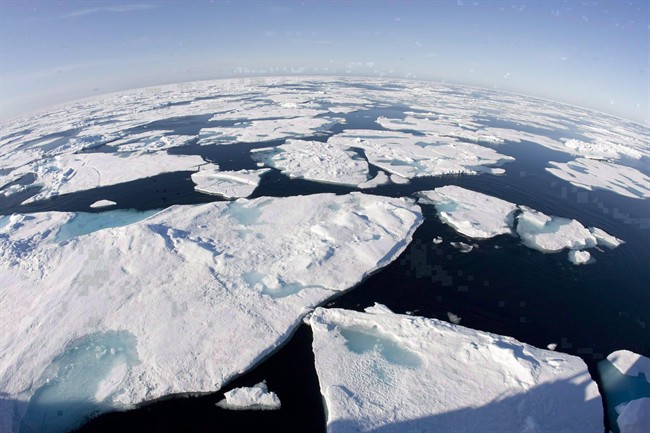REGINA – Over 20 percent of Saskatchewan’s greenhouse gas emissions come from oil industry waste:

“So those are leaks from pipelines and well heads, venting and flaring of associated gases,” explained Emily Eaton, a University of Regina political ecology and economy professor.
And yet, she said, even though Saskatchewan is the largest per capita greenhouse gas emitter in the country “there’s been a real lack of media covering the issue.”
That’s just one localized example of how one media critic said the news isn’t telling the full climate change story.
“As the editor of The Guardian in Britain said, ‘Climate change is the biggest story that journalism has never covered successfully,'” said Robert Hackett, a professor at the Simon Fraser University School of Communications.
Professor Hackett has researched news media for the past 30 years. On Monday, he gave a lecture on what kind of coverage is needed for a “planetary emergency.” He suggested journalists need to start thinking about climate change not as an environmental issue, but as a public policy issue.
“Thinking about that when I cover municipal, provincial, or federal politics, that I think will inform a lot in terms of the q-lines and the questions that I put together and also how I write stories,” said Evan Radford, a fourth year journalism student.
A researcher in the crowd said journalists aren’t the only ones to blame.
“We – whether it’s natural scientists or social scientists, really can do… a better job of conveying what we’re learning,” said Amber Fletcher, a U of R climate change researcher.
Combining what researchers do best – getting the most accurate scientific data – with what journalists do best – telling stories can give the public a clearer picture of climate change’s true impact.




Comments